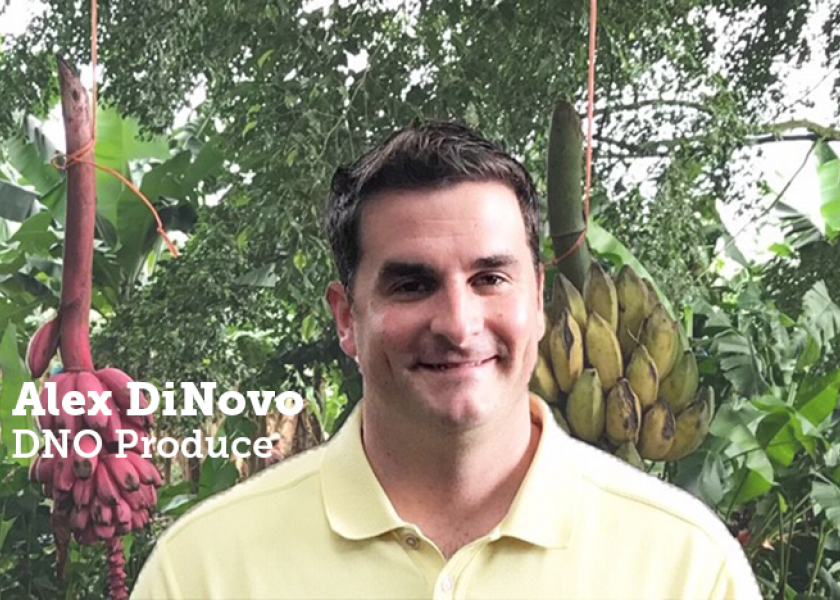Local produce matters

I have lost count of the number of times that I have been in a debate about local produce.
Everyone loves the image of the local farmer supporting her family through sun-up to sun-down toil, sowing seeds into the lush and fertile fields and valleys, and harvesting the fruits of her labor early in the morning to bring to market later that afternoon.
Perhaps this image is a bit embellished, but it feels good to be a part of it, to be a part of the connection to the local earth. Consuming this product also has the psychological impact of closing the loop and placing us firmly in a part of a known food chain. But — is this just a story that we have told ourselves, or does it really matter?
Let’s start with a question: how do we define local? Is local defined by arbitrary geographical boundaries such as county or state; by natural, physical boundaries; or by some other type of boundary?
Actually, I believe that more than anything, local has to do with the economic impact that is created through micro supply chains in an area — supply chains that directly and indirectly impact the area that we are calling “local.”
Consider, for instance, the Ohio farmer who invests in land, buildings, labor and so on. This farmer pays state and local taxes on most of the physical assets that she purchases.
Furthermore, she pays payroll taxes on all the labor she employs. Because the labor and much of the capital goods she purchases are local-sourced, the taxes she pays will be recirculated within her community; some of those taxes will support local initiatives and projects.
I believe that more than anything, local has to do with the economic impact that is created through micro supply chains in an area — supply chains that directly and indirectly impact the area that we are calling “local.”
The chain of events ripples through the local supply chain, compounding as the goods are distributed and value is added by the processor, the distributor, and finally by the retailer or foodservice entity. There is no doubt that buying local has a positive economic impact on the participants in the supply chain, and in most cases, the closer that a product is grown or created to where it is utilized/consumed, the greater the economic benefit is to the consumer and the producer both.
Does this mean that local is the solution to all the challenges of the produce industry? Absolutely not.
Purchasing local produce has many economic benefits to the local community, but it is also in most cases very difficult to sustain. The local farmer is bound by seasons, by land availability, by transportation, and by the challenges of scale. It would not be possible, nor would it be advisable, to attempt to feed America through local production alone.
Also, local production has some drawbacks that I will expound upon in a separate article.
Until then, however, I encourage you to explore the bounties that your local farmers have to offer — just be sure to buy some exotic items too!
Alex DiNovo is president and COO of DNO Produce group of companies, Columbus, Ohio. E-mail him at adinovo@dnoproduce.com.
More from Alex DiNovo:
Sustaining the gains in school meal programs
Stand firm in connection with one another
Personal relationships are everything







